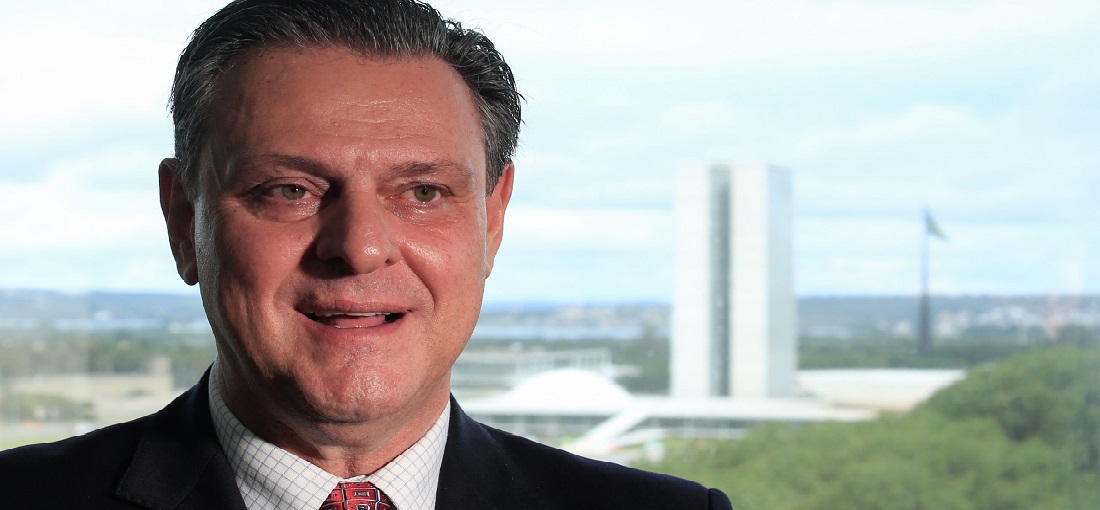
Brazil’s Agriculture Minister Attends Swearing-In of New AMPA Leadership Amid Record Cotton Exports
Nov, 28, 2024 Posted by Gabriel MalheirosWeek 202445
Brazil’s Minister of Agriculture and Livestock, Carlos Fávaro, attended the inauguration ceremony for the new board of directors of the Mato Grosso Association of Cotton Producers (AMPA) on Wednesday evening (27) in Cuiabá, Mato Grosso. The organization will be led by Orcival Gouveia Guimarães for a two-year term from 2025 to 2026.
On the same day that Brazil announced reaching 282 newly opened markets for agricultural products, Fávaro highlighted AMPA and Brazilian cotton as prime examples of how to secure a foothold in the global marketplace.
Earlier in the day, President Luiz Inácio Lula da Silva underscored the importance of exploring new markets and opportunities for Brazilian products.
While global cotton consumption has remained stagnant in recent years, Brazilian cotton has surged to become the world’s top export in 2024. “How did we achieve this? It’s simple: more than 200 certifications attest to the quality and processes of Brazilian cotton. No one else in the world matches this level of quality or commitment. That’s why we’ve become the leading global exporter,” Fávaro explained.
So far this year, Brazilian cotton exports have exceeded $4.2 billion, with Mato Grosso, the country’s largest producing state, accounting for over half of that amount.
Traceability and Innovation
Brazilian cotton is supported by an advanced traceability system. For example, a QR code embedded in the label of a garment allows consumers to trace the cotton’s journey—from the farm where it was cultivated to its transformation into a finished product.
Fávaro emphasized that the restoration of diplomatic ties has created significant opportunities for Brazilian agriculture. “Brazil is experiencing a moment of prosperity that some pessimists didn’t believe possible. The economy is growing at 3%, and the unemployment rate is at 6.4%,” he noted. He added that opening new markets for Brazilian agribusiness is positively impacting regions like the Center-West, where agriculture drives the economy. Unemployment in Mato Grosso, for example, has dropped to just 2%.
The minister emphasized that continuing to advance discussions on traceability, as well as social and environmental best practices, is critical to expanding market access for Brazilian agricultural products. “These measures ensure that Brazil remains a leader in global agriculture while meeting the highest standards demanded by international markets,” Fávaro concluded.
-
Ports and Terminals
Aug, 10, 2022
0
Port of Pecém buys four new cranes to increase operational capacity
-
Ports and Terminals
Sep, 23, 2019
0
Port of Fortaleza begins fruit shipments of the 2019-2020 harvest
-
Shipping
Nov, 21, 2021
0
World’s first all-electric, self-propelled container ship by Yara International takes maiden voyage
-
Economy
Jun, 13, 2022
0
Brazil: May trade balance shows the lowest surplus in three years



